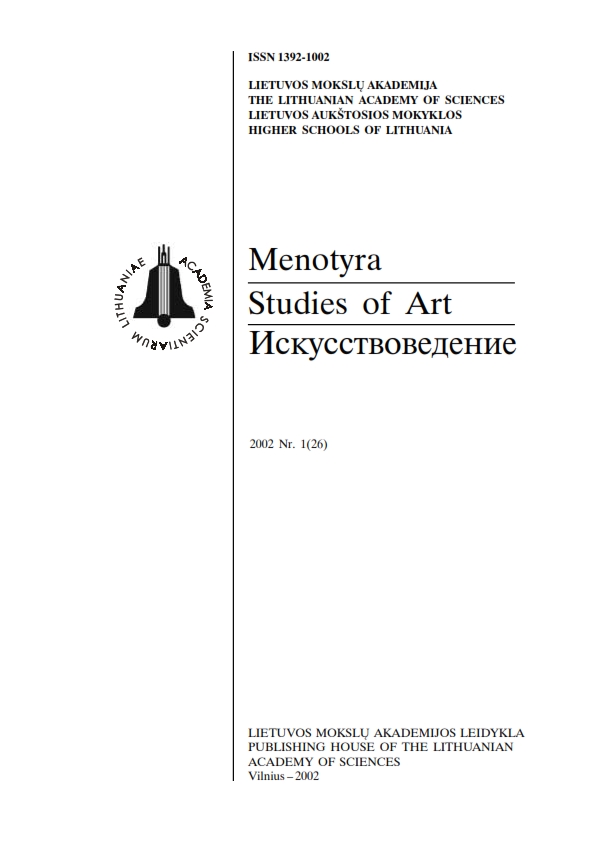XVIII a. pabaigos - XIX a. Lietuvos didikų muzikos mecenatystės bruožai
Features of the musical patronage of Lithuanian noblemen at the end of the 18th - 19th c.
Author(s): Laima KiauleikytėSubject(s): Cultural history, Music, 18th Century, 19th Century
Published by: Lietuvos mokslų akademijos leidykla
Summary/Abstract: The article reviews the musical patronage of Lithuanian noblemen during the Lithuanian Enlightenment and Romantic cultural periods. The patronage took the classical forms of promotion of the musical art, science, performance in every possible way and moral support. The music schools were founded, scholarships provided, and financial aid for those who studied abroad were given. In short, all professional activity was promoted. In the Lithuanian manors the noble families musical memory (the musical scores, musicological works, instruments) was accumulated. Noblemen took an initiative to organize concerts, musical theatre performances. The most common features of the musical patronage of the late 18th – early 19th-c. Lithuanian noblemen are considered to be early democratization and attention towards education. The essential characteristics of music patronage in the Romantic period which corresponded to the tasks of Enlightenment were cultural ambitiousness, distinguished attention to the musical sphere, respect towards musicians and authors, partial democracy.
Journal: Menotyra
- Issue Year: 2002
- Issue No: 1(26)
- Page Range: 17-24
- Page Count: 8
- Language: Lithuanian

